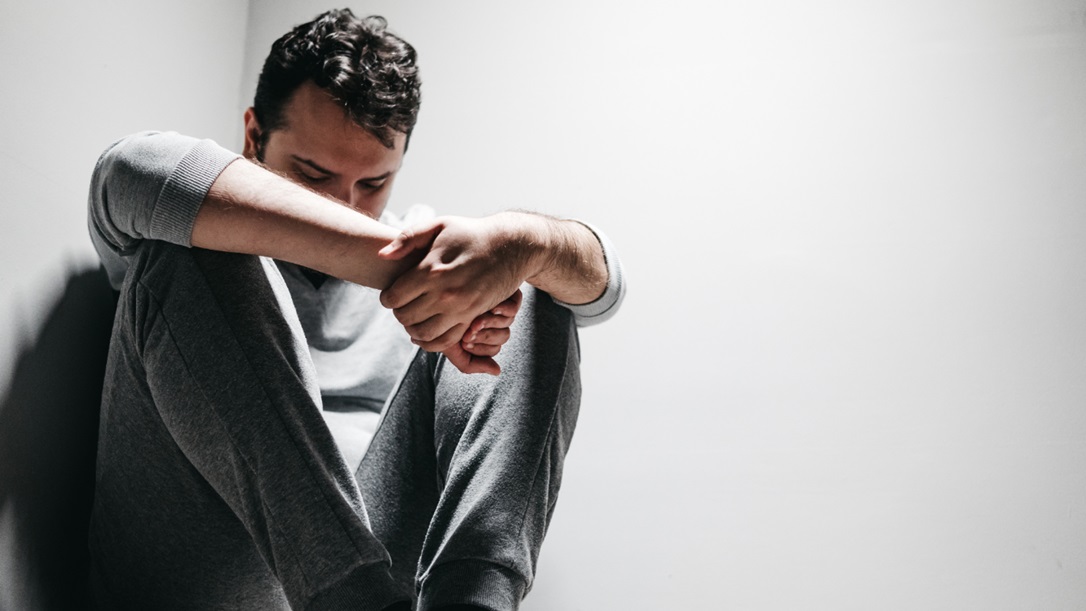Depression is a common mental disorder that can negatively affect how you feel, think, and act. It is estimated that more than 21.0 million adults in the United States have depression. There are many different types of depression, each with its own symptoms, causes, and treatments. This article will discuss the most common types of depression and provide information on how to identify them.
1. Major Depression
Major depression, also known as clinical depression, is the most severe form of depression. It can cause a range of symptoms that interfere with your ability to work, sleep, eat, and enjoy activities that you once found pleasurable. Symptoms of major depression can include persistent feelings of sadness or emptiness, loss of interest, insomnia, and thoughts of death or suicide. You may also experience physical symptoms such as headaches, chest pain, or digestive problems. So, if you think you may be suffering from major depression, it is important to seek professionals for depression disorders in Naperville to help you. They will be able to diagnose you and provide the necessary treatment properly.
2. Persistent Depressive Disorder (Dysthymia)
Persistent depressive disorder (dysthymia) is a low-grade form of depression. It may not prevent you from leading a relatively normal life, but it can make day-to-day living more difficult. Dysthymia may last for years and can often be chronic. Symptoms include low energy, low self-esteem, and poor concentration. It is more common in women than men and usually begins in childhood, adolescence, or early adulthood. It often runs in families and may be triggered by a stressful life event, such as the death of a loved one, divorce, or financial problems.
3. Bipolar Disorder
Bipolar disorder, also known as manic-depressive illness, is a mental disorder that causes extreme mood swings. People with bipolar disorder can have periods of high energy (mania) followed by periods of low energy (depression). During the manic phase, people may be overly happy, talkative, and impulsive. They may also have delusions of grandeur and may take risks, such as engaging in risky behavior or spending large amounts of money. The depressive phase of bipolar disorder is similar to major depression and can cause feelings of sadness, worthlessness, and fatigue. Therefore, seeking treatment for bipolar disorder is important as it can be debilitating.
To Conclude
Depression is a serious mental disorder that can negatively impact your life in many ways. If you think you may be suffering from depression, it is important to seek a professional for psychiatric disorders in Naperville to diagnose and treat your condition properly. In addition, they will be able to provide you with the resources and support you need to manage your depression.

